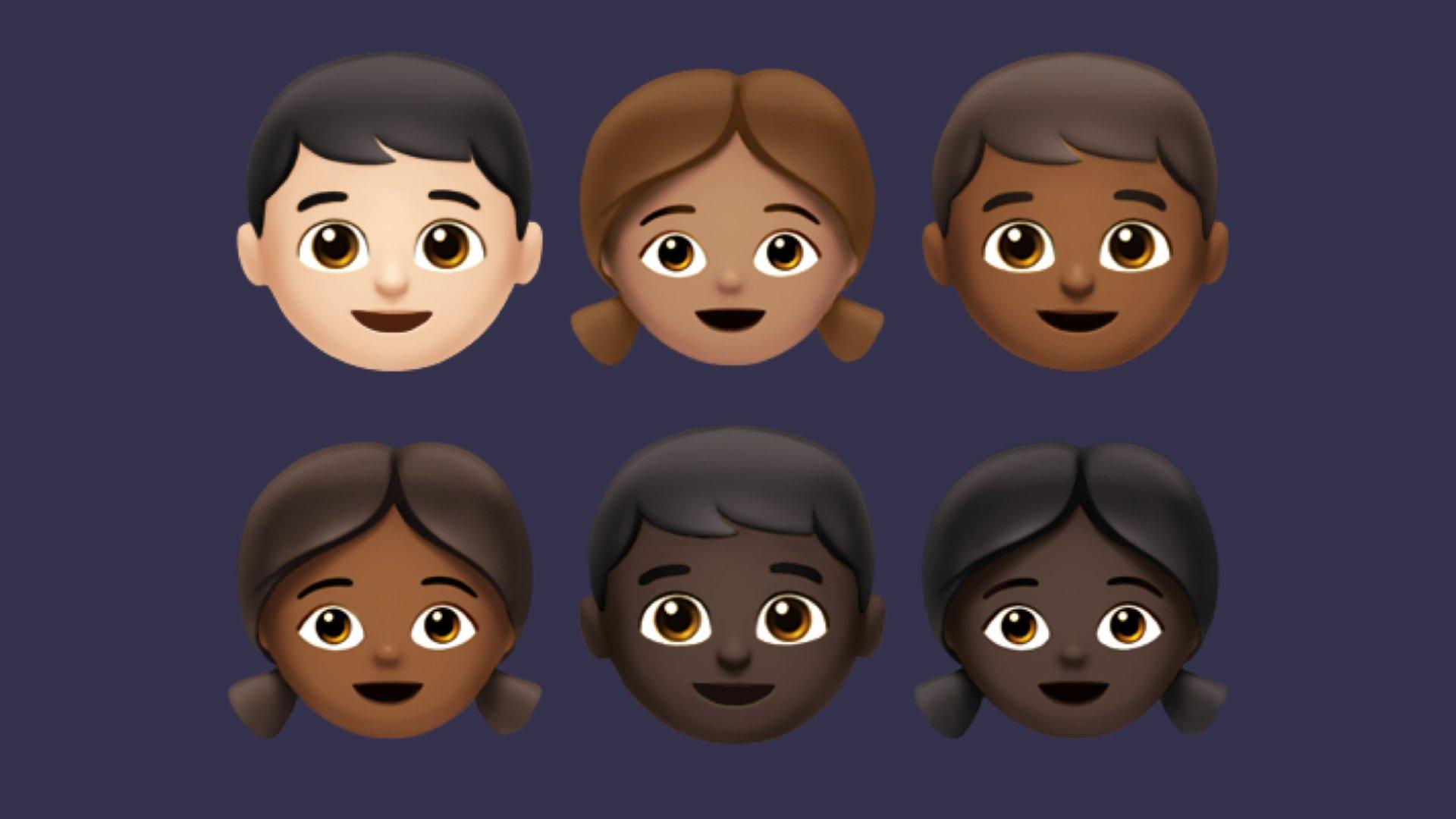Cultural appropriation: What is it and what does it mean?
- Published
- comments

Adele has attracted criticism from some fans after sharing a photo on Instagram to celebrate what would have been Notting Hill Carnival in London.
Carnival is a traditional celebration of Caribbean and black culture that takes place every year, but it was a virtual event in 2020 because of the coronavirus pandemic.
In Adele's photo, she's styled her hair in Bantu knots, which are a traditional way to wear hair within black communities, and is seen wearing a bikini with the Jamaican flag on it.
Many black people, including some politicians and celebrities, have defended Adele by claiming that Notting Hill Carnival is about celebrating Jamaican culture and all she's done has done that respectfully.
However, others have argued that this is just another example of "cultural appropriation" but what does this actually mean?
What is cultural appropriation?
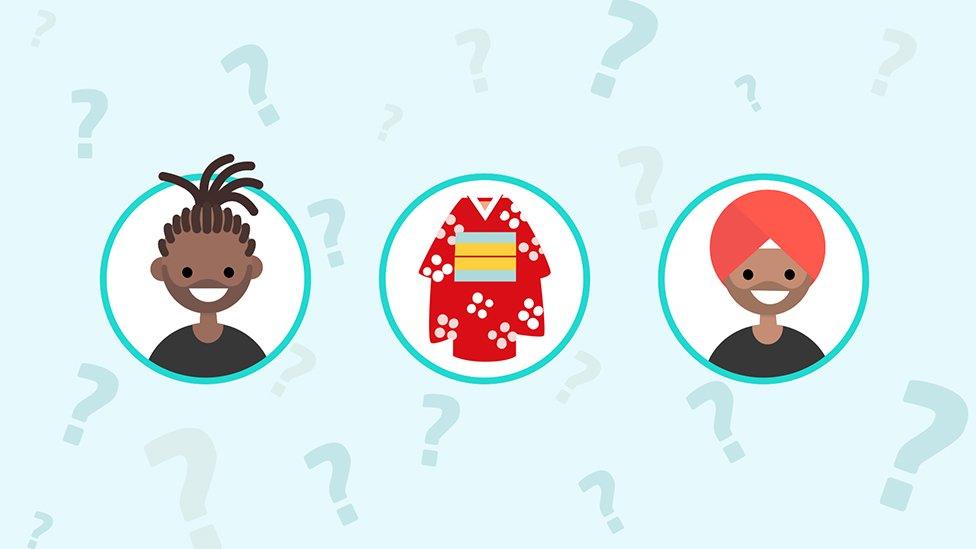
Cultural appropriation is when a tradition, such as clothing or a hairstyle, is taken from a culture and used in a different way.
It can offend people when people do this without making it clear where the traditions come from, or when they don't acknowledge how important they are to certain cultures.
This can make some people feel as if their culture is not being respected.
Appropriation means taking something from somebody without their permission.
Where can you see cultural appropriation?
One place where you might find cultural appropriation is the fashion industry.
Fashion brands have often been accused of cultural appropriation because people feel as if some parts of the industry take traditional clothes from cultures without paying proper respect.
In 2019, Gucci got a lot of criticism for selling an item which resembled a traditional turban worn by people in the Sikh community.
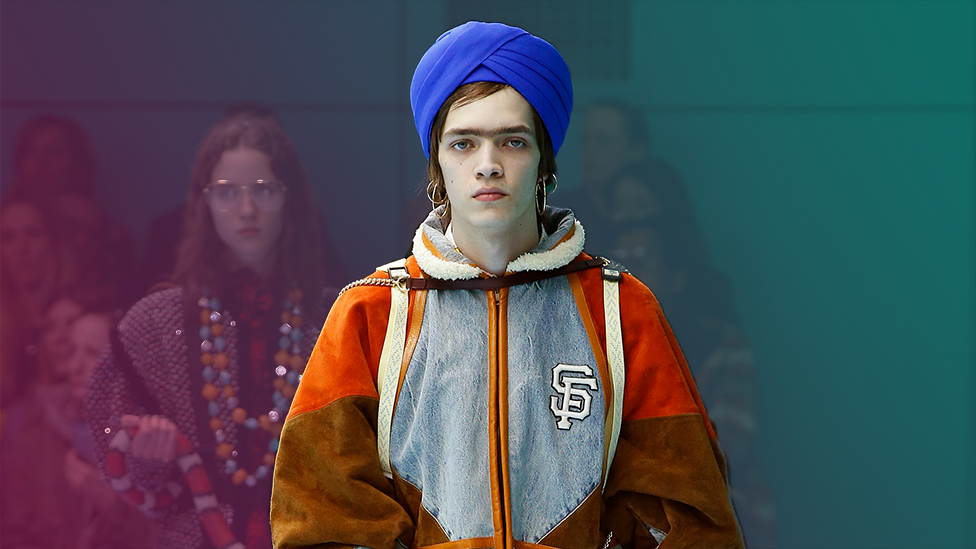
This Gucci 'turban' was taken off a major fashion website because some people found it offensive
People were upset because they felt that Gucci had ignored how important the turban is to the Sikh faith and presented their version as if it was a new fashion accessory.
Some Sikh people also spoke about how they had been treated unfairly for wearing a turban.
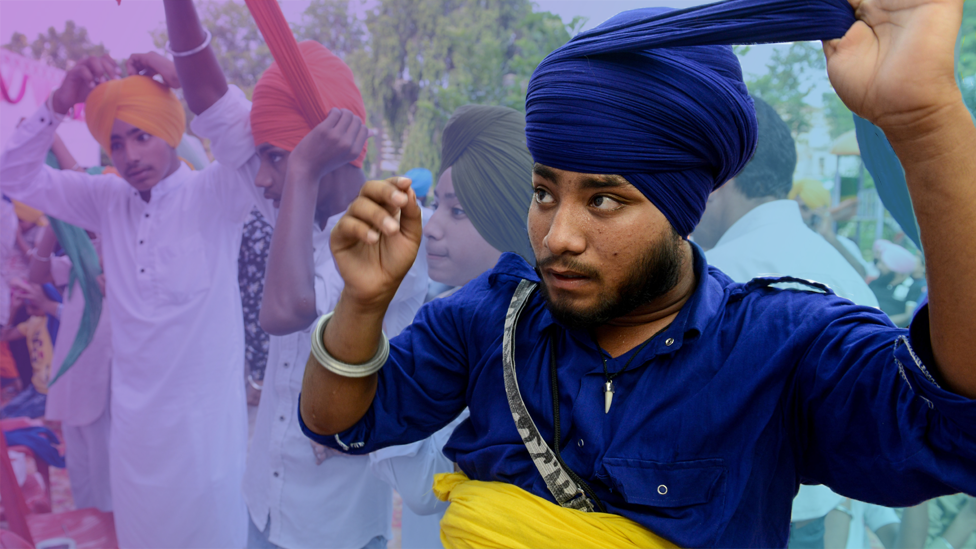
A turban (also known as a dastaar) is a religious item worn by people who practise Sikhism
Cultural appropriation can happen in different areas in society, including the way people view hairstyles.
Certain hairstyles such as braids, cornrows and dreadlocks can be really important to people from African and Caribbean communities. Some hairstyles are used to protect hair whilst others are associated with different religious groups.
However, a lot of black hairstyles have been wrongly seen in the past as untidy and unprofessional which has lead to people being treated unfairly in schools and at their jobs.
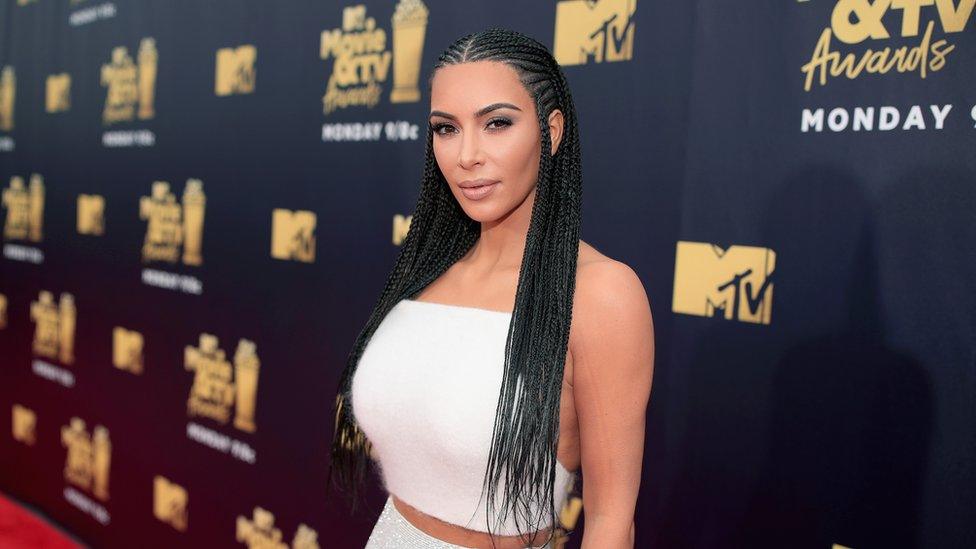
Kim Kardashain got a lot of negative comments for wearing braids at an awards ceremony
In early 2018, Kim Kardashian defended herself for wearing braids at the MTV Movie Awards. She said:
"I just think if it comes from a place of love and you're using it as cultural inspiration, then I think it is okay".
The hairstyle was soon associated with Kim Kardashian instead of black culture - where it originally came from.
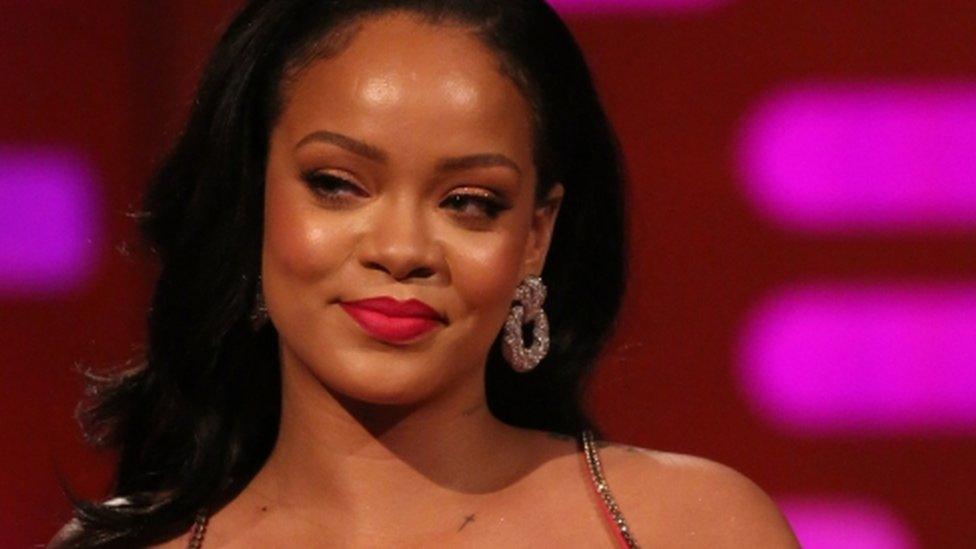
Rihanna got some criticism in 2019
In September 2019, Rihanna was also accused of cultural appropriation when she described one of her choreographers as her "spirit animal" on her Instagram.
One of her followers commented and told Rihanna to stop using the phrase as she did not belong to a Native American group.
Rihanna then apologised and said she would stop using the term.
The term is usually linked with Native American traditions. Some people believe that spirits help and guide people and can sometimes take the form of animals.
Does it mean I can't appreciate other cultures?
No, it doesn't mean you can't appreciate other cultures but some people say that there is line between appropriating a culture and appreciating a culture.
For example, people say that certain areas of the fashion industry should hire models and designers from different backgrounds so that they can properly appreciate and understand cultures when making new clothes and accessories.
Others say that is comes down to properly understanding and respecting whatever you take from another culture.
- Published15 September 2023
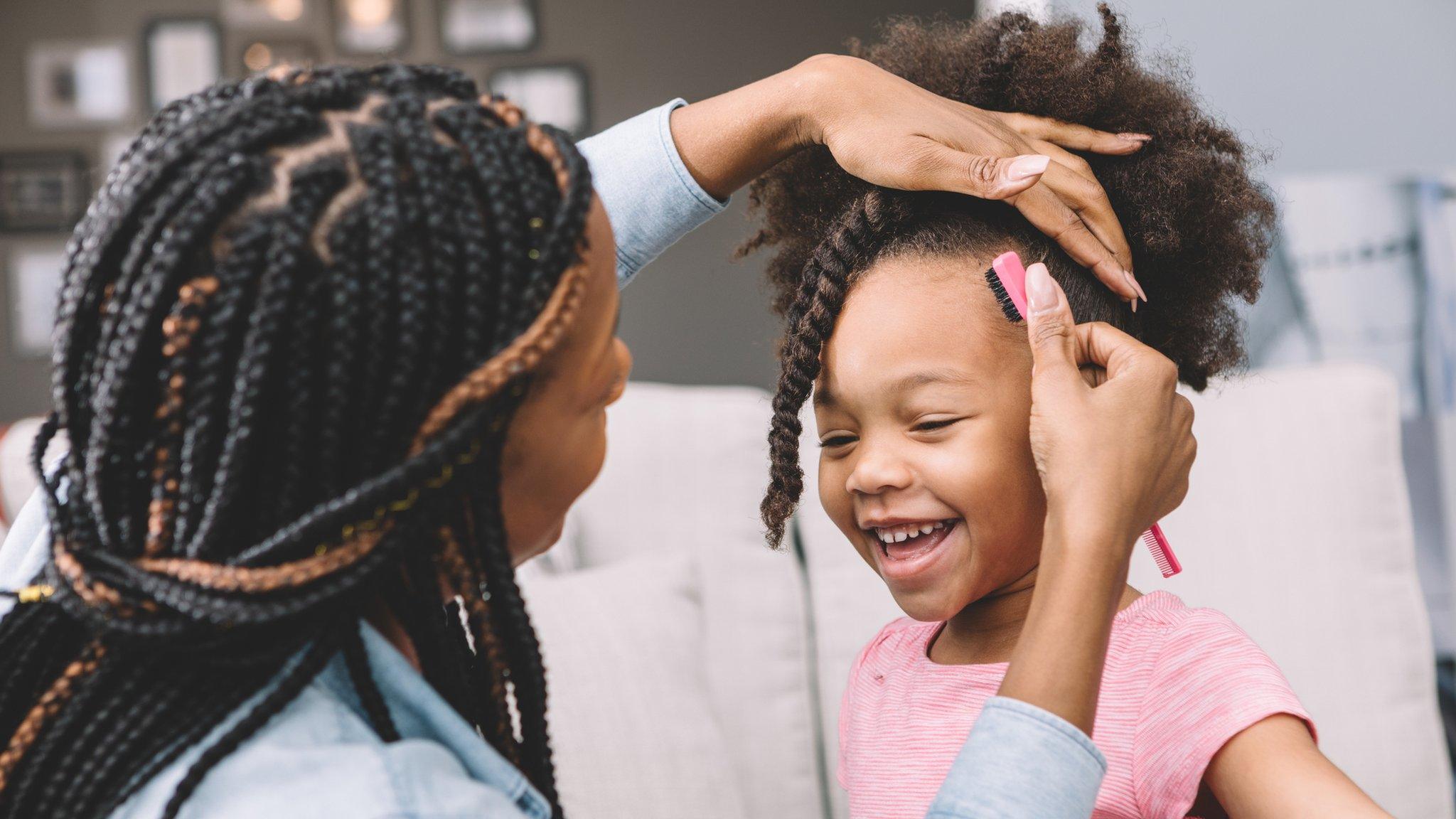
- Published13 June 2019
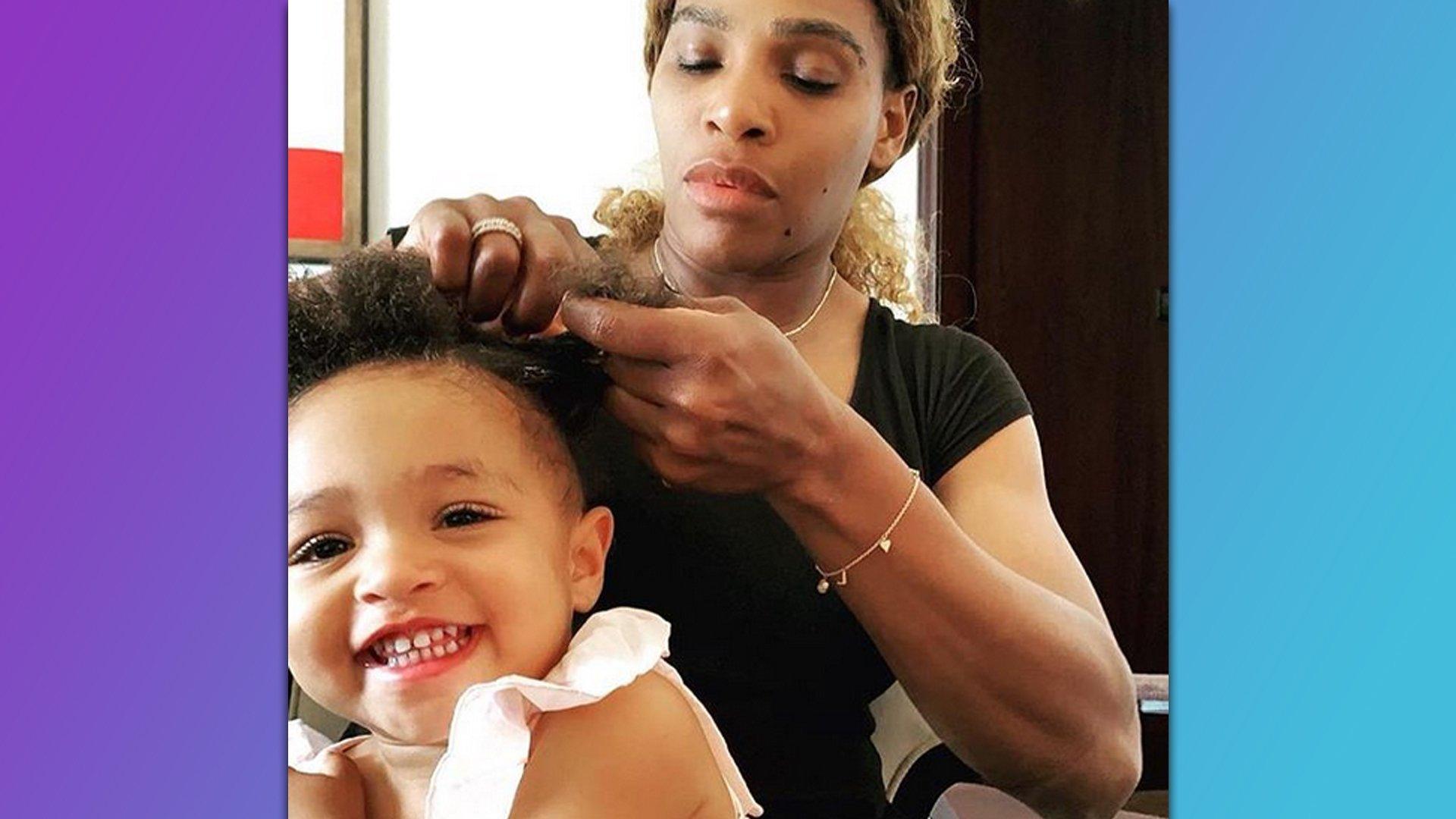
- Published23 April 2019
